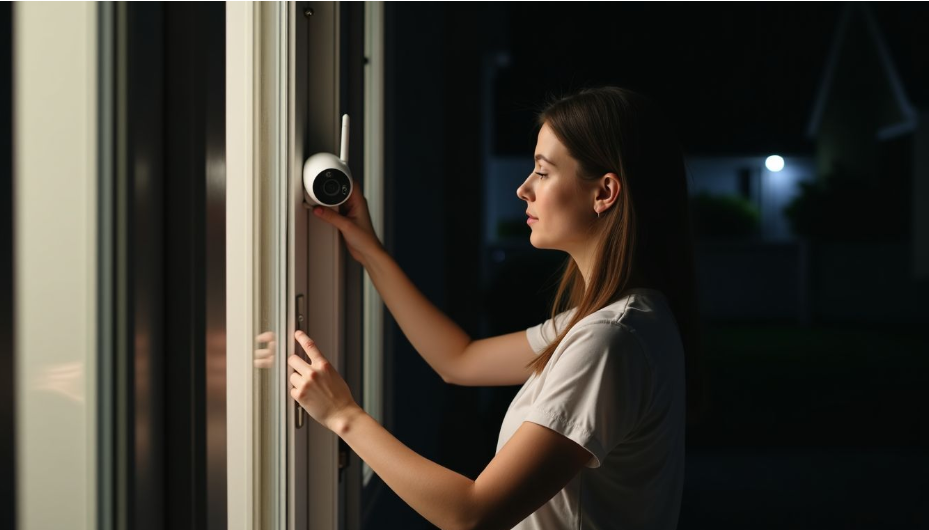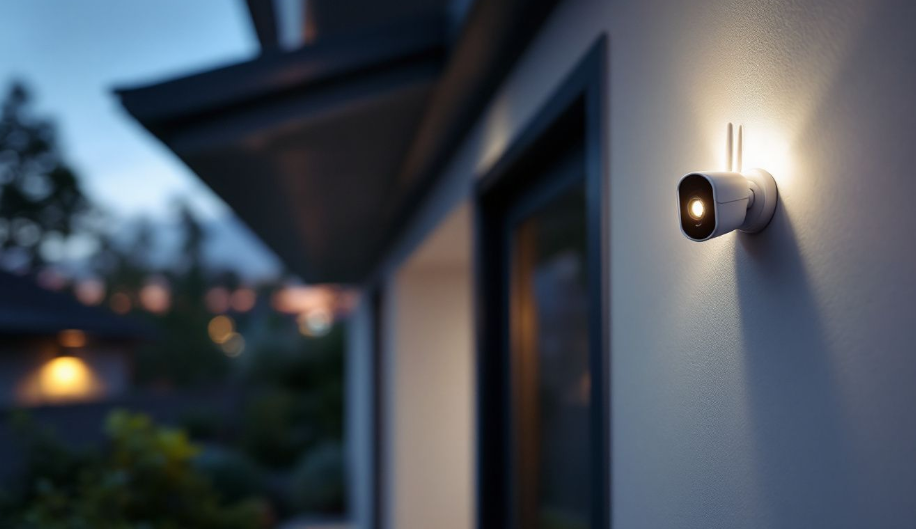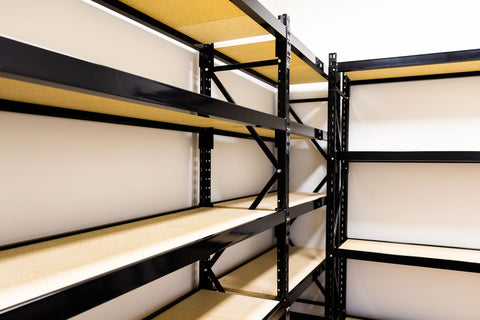Worried if wireless camera CCTV can keep your home safe?
These cameras are popular because they’re easy to install and offer great flexibility. This blog covers their features, reliability, and what you need to know before buying one.
Keep reading—it’s worth it!
Key Features of Wireless CCTV Cameras

Wireless CCTV cameras pack some clever features that make home security easier. From power options to recording quality, these gadgets simplify keeping an eye on your space.
Connectivity and Range
Cameras need constant internet to work properly. They rely on Wi-Fi, meaning the signal must stay strong. If a camera is too far from the router, it loses connection.
Walls or furniture can also block signals and reduce range.
Most models perform well within 150-300 feet indoors. Outdoor units may extend further but still face limits.
Signal drops leave gaps in recording, risking your home security. Next up: battery life and power options for these devices!
Battery Life and Power Options
Wireless CCTV cameras often rely on batteries or a direct power source. Options like the ANKER EUFY CAM 2 boast impressive battery life, lasting up to one year. This reduces how often you need to recharge, making it convenient for busy homeowners.
Some cameras still require constant plugging into wall outlets. Consider this if installing in spots without nearby sockets. Backup power solutions can help during outages but add cost.
Stable power ensures features like motion detection and night vision work flawlessly for home security needs.
Video Quality and Storage Solutions
Cameras like the TP-LINK TAPO C210 and SRIHOME SH038 offer sharp 2K and 4MP recording, capturing crisp details day or night. ANKER EUFYCAM 2 matches this with a clear 2K resolution, providing high-definition video for home security.
Meanwhile, NETGEAR ARLO PRO 2 records in reliable Full HD (1080p), great for everyday monitoring.
Storage also impacts convenience. The TAPO C210 supports local storage via microSD cards, making it budget-friendly. ANKER EUFY CAM 2 comes with built-in local storage of 16GB, cutting subscription costs entirely.
These options free users from relying solely on cloud services that often come tied to privacy policy concerns or monthly fees.
Reliability Factors to Consider
A wireless CCTV camera is only as good as its connection and durability. Think about how strong your Wi-Fi is, and how well the camera handles tough weather.
Signal Interference and Stability
Poor signal can cripple wireless CCTV cameras. Walls, furniture, and even kitchen appliances like microwaves may block or weaken connections.
Mobile phones and laptops connected to the same network can add strain, slowing transmission speed.
Cameras heavily depend on stable Wi-Fi; any internet outage leaves them blind. Weather also disrupts signals—storms or heavy rain interfere with performance.
Interference grows worse with distance from the router—beyond 150 feet indoors, most cameras struggle. Outdoor setups fare better but still need strong networking gear for steady coverage.
For smart home hubs using Amazon Alexa or Google Assistant, lagging video ruins features like motion tracking or live feeds.
Sticking within range ensures reliability for outdoor safety systems in all conditions of weather resistance challenges ahead!
Weather Resistance for Outdoor Models
Outdoor wireless CCTV cameras face rain, dust, and heat. ANKER EUFY CAM 2 has an IP67 weatherproof rating. This means it can handle heavy rain and dust storms with ease.
Source: SRIHOME NVS002-IPC029-4CH
SRIHOME NVS002-IPC029-4CH holds an IP66 waterproof rating, making it a solid pick for moderate outdoor use.
NETGEAR ARLO PRO 2 is fully wireless and weather-resistant. It works well in harsh environments without losing performance. These models keep your home security reliable under tough conditions.
Always consider the local climate before choosing one for your setup.
Pros and Cons of Wireless CCTV Cameras
Wireless CCTV cameras have some clear upsides and downsides. Here’s a snapshot of what to consider:
| Pros | Cons |
| Quick and simple installation. No drilling or wiring needed. | Needs an uninterrupted internet connection to work properly. |
| Affordable options available for most budgets. | Can suffer from signal disruptions, reducing reliability. |
| Portable and easy to relocate when needed. | Power source must always be nearby for continuous usage. |
| Access footage remotely, offering more control. | Works only within the network range, limiting flexibility. |
Recognizing these points helps make an informed decision. Now, let’s explore the reliability factors that influence the effectiveness of these devices.
Conclusion
Wireless CCTV cameras can be a solid choice for home security.
They offer flexibility, easy setup, and remote access from devices like smartphones or tablets. But signal issues and power needs may pose challenges.
Consider your space, internet reliability, and goals before buying one. With the right planning, they could fit well into your setup!
FAQs
1. How reliable are wireless CCTV cameras for home security?
Wireless CCTV cameras can be a dependable option for home security, but their reliability depends on factors like resolution, field of view, and your internet connection. A weak Wi-Fi signal might cause interruptions in scanning or video quality.
2. Do wireless CCTV cameras protect privacy effectively?
Most wireless cameras come with a privacy policy outlining how data is handled. However, connecting them to unsecured networks could expose personal information from devices like smartphones or tablets.
3. Can I use wireless CCTV systems alongside other smart home appliances?
Yes, they work well with many devices such as desktops, Apple iPads, gaming PCs, and even Xiaomi Home setups. Just ensure compatibility before integrating them into your system.
4. What kind of resolution should I look for in a wireless camera?
Look for QHD or higher if you want sharp images and videos. High-resolution options help capture details better when scanning areas like bedrooms or living rooms.
5. Are there any storage requirements for these cameras?
Many models save footage using memory cards or USB flash drives. Others offer cloud storage options through platforms like Amazon.com services.
6. Do external factors affect the performance of these systems?
Yes! Things like walls between rooms can weaken signals from routers connected to laptops or monitors nearby—especially if you’re also using sound systems or streaming content on Windows devices at the same time!






